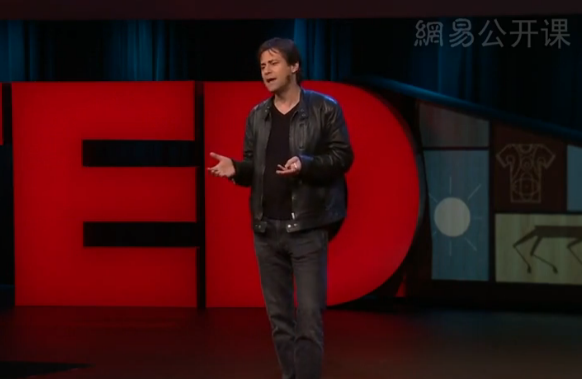(单词翻译:单击)
听力文本
Alright, reality check: Are we going to get AGI any time soon?
好了,回归现实:我们很快就会有AGI吗?
Some famous AI researchers, like Rodney Brooks, think it won't happen for hundreds of years.
一些著名的AI研究者,如罗德尼·布鲁克斯,认为一百年内是没有可能的。
But others, like Google DeepMind founder Demis Hassabis, are more optimistic and are working to try to make it happen much sooner.
但是其他人,如谷歌DeepMind公司的创始人德米斯·哈萨比斯,就比较乐观,且努力想要它尽早实现。
And recent surveys have shown that most AI researchers actually share Demis's optimism,
近期的调查显示,大部分的人工智能研究者其实都和德米斯一样持乐观态度,
expecting that we will get AGI within decades, so within the lifetime of many of us, which begs the question -- and then what?
预期我们十年内就会有AGI,所以我们中许多人在有生之年就能看到,这就让人不禁想问,那么接下来呢?
What do we want the role of humans to be if machines can do everything better and cheaper than us?
如果什么事情机器都能做得比人好,成本也更低,那么人类又该扮演怎样的角色?
The way I see it, we face a choice. One option is to be complacent.
依我所见,我们面临一个选择。选择之一是要自我满足。
We can say, "Oh, let's just build machines that can do everything we can do and not worry about the consequences.
我们可以说,“我们来建造机器,让它来帮助我们做一切事情,不要担心后果。
Come on, if we build technology that makes all humans obsolete, what could possibly go wrong?"
拜托,如果我们能打造出让全人类都被淘汰的机器,还有什么会出错吗?”
But I think that would be embarrassingly lame. I think we should be more ambitious -- in the spirit of TED.
但我觉得那样真是差劲到悲哀。我们认为我们应该更有野心--带着TED的精神。

Let's envision a truly inspiring high-tech future and try to steer towards it.
让我们来想象一个真正鼓舞人心的高科技未来,并试着朝着它前进。
This brings us to the second part of our rocket metaphor: the steering.
这就把我们带到了火箭比喻的第二部分:操控。
We're making AI more powerful, but how can we steer towards a future where AI helps humanity flourish rather than flounder?
我们让人工智能的力量更强大,但是我们要如何朝着人工智能帮助人类未来更加繁盛,而非变得挣扎的目标不断前进呢?
To help with this, I cofounded the Future of Life Institute.
为了协助实现它,我联合创办了“未来生命研究所”。
It's a small nonprofit promoting beneficial technology use,
它是个小型的非营利机构,旨在促进有益的科技使用,
and our goal is simply for the future of life to exist and to be as inspiring as possible.
我们的目标很简单,就是希望生命的未来能够存在,且越是鼓舞人心越好。
You know, I love technology. Technology is why today is better than the Stone Age.
你们知道的,我爱科技。现今之所以比石器时代更好,就是因为科技。
And I'm optimistic that we can create a really inspiring high-tech future... if -- and this is a big if
我很乐观的认为我们能创造出一个非常鼓舞人心的高科技未来...如果,这个“如果”很重要,
if we win the wisdom race -- the race between the growing power of our technology and the growing wisdom with which we manage it.
如果我们能赢得这场关于智慧的赛跑--这场赛跑的两位竞争者便是我们不断成长的科技力量以及我们用来管理科技的不断成长的智慧。
But this is going to require a change of strategy because our old strategy has been learning from mistakes.
但这也需要策略上的改变。因为我们以往的策略往往都是从错误中学习的。
We invented fire, screwed up a bunch of times -- invented the fire extinguisher.
我们发明了火,因为搞砸了很多次--我们发明出了灭火器。
演讲介绍
许多人工智能研究人员预计,在未来几十年内,人工智能将在所有任务和工作中超越人类,从而使我们的未来只受到物理定律的限制,而不是我们的智力极限。麻省理工学院物理学家和人工智能研究员马克斯·特格马克把真正的机会和威胁从神话中分离出来,描述了我们今天应该采取的具体步骤,以确保人工智能最终成为人类有史以来发生的最好的,而不是最坏的事情。


